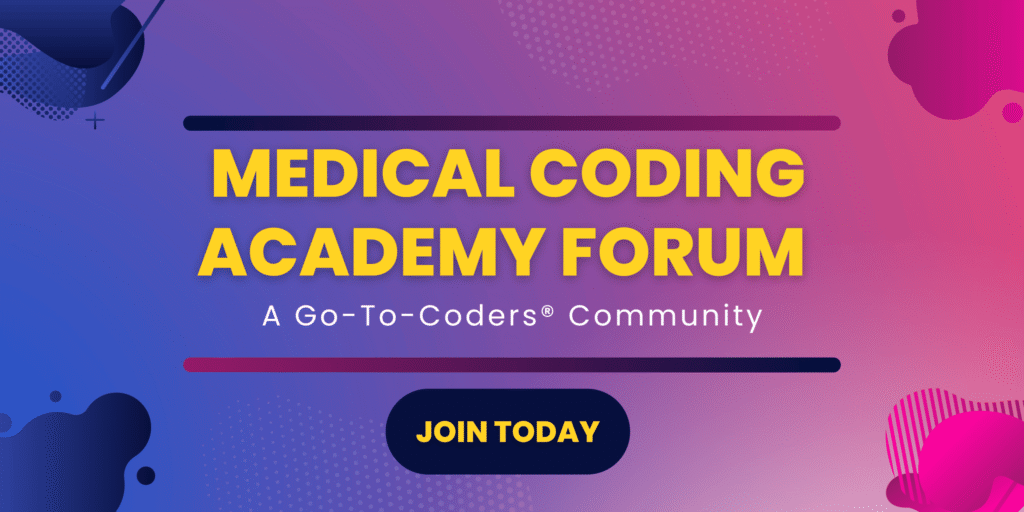The Importance of a Specialty Medical Coding Credential
By Delissa Ortega | Published on October 19, 2022
The Importance of a Specialty Medical Coding Credential
Read on to learn more about what specialty medical coding is, the career opportunities you’ll have with a credential and what you’ll learn with a specialty medical coding credential course.
What Is Specialty Medical Coding?
Specialty credentials enable coders to elevate their expertise in their respective specialty disciplines. According to the AAPC, CPCOs “specialty credentials enable coders to demonstrate superior levels of expertise in their respective specialty disciplines. … They allow coders to validate their knowledge in a specialty with unique coding, reimbursement and compliance challenges.”
Specialty Medical Coding Opportunities
As with several other roles related to medical coding and billing, the need for specialty medical coders is on the rise. More and more medical institutions have unique needs and therefore need a specialist to handle them. The salary isn’t bad, either. According to the 2018 Medical Coding Salary Survey, specialty medical coders make an average of $60,238 per year.
What Will I Learn with a Specialty Credential Course?
A specialty medical coding credential takes you through code by code and page by page in this in-depth course designed for experienced coders. These specialty credentials are stand-alone certifications with no requirement to hold the CPC® credential. They allow coders to validate their knowledge in a specialty with unique coding, reimbursement and compliance challenges.
Here are the specialty credentials offered at Medical Coding Academy:
- CASCC® Certified Ambulatory Surgery Center Coder
- CFPC® Certified Family Practice Coder
- CENTC® Certified ENT Coder
- CANPC® Certified Anesthesia & Pain Management Coder
- CGIC® Certified Gastroeterology Coder
- CPEDC® Certified Pediatrics Coder
- CCC® Certified Cardiology Coder
- CGSC® Certified General Surgery Coder
- CPRC® Certified Plastics & Reconstructive Coder
- CCVTC® Certified Cardiology & Thoracic Surgery Coder
- CHONC® Certified Hematology & Oncology Coder
- CRHC® Certified Rheumatology Coder
- CCPC® Certified Chiropractic Professional Coder
- CIMC® Certified Internal Medicine Coder
- CSFAC® Certified Surgical Foot & Ankle Coder
- CIRCC® Certified Interventional Radiology Cardiovascular Coder
- CPCD® Certified Professional Coder in Dermatology
- CEDC® Certified Emergency Department Coder
- COPC® Certified Opthamology Professional Coder
- CUC® Certified Urology Coder
- COSC® Certified Orthopaedic Surgery Coder
- CEMC® Certified Evaluation Management Coder
If you’re interested in a specialty medical coding certification, sign up for a one-day course today!

Editor’s note: this post was originally published in November 2019. It has been updated for clarity, accuracy and new information.
Similar Posts
-
How to Develop a Quality Medical Coding Strategy
How to Develop a Quality Medical Coding Strategy In the complex landscape of healthcare, effective medical coding is not just a matter…
-
Mastering Precision: 5 Best Practices for Accurate Medical Coding
Mastering Precision: 5 Best Practices for Accurate Medical Coding In the intricate world of healthcare, precision is paramount, especially when it comes…
-
Outsourced vs. In-House Medical Coding: How They Compare
Outsourced vs. In-House Medical Coding: How They Compare In the world of healthcare, accurate medical coding is essential for proper billing, reimbursement,…




